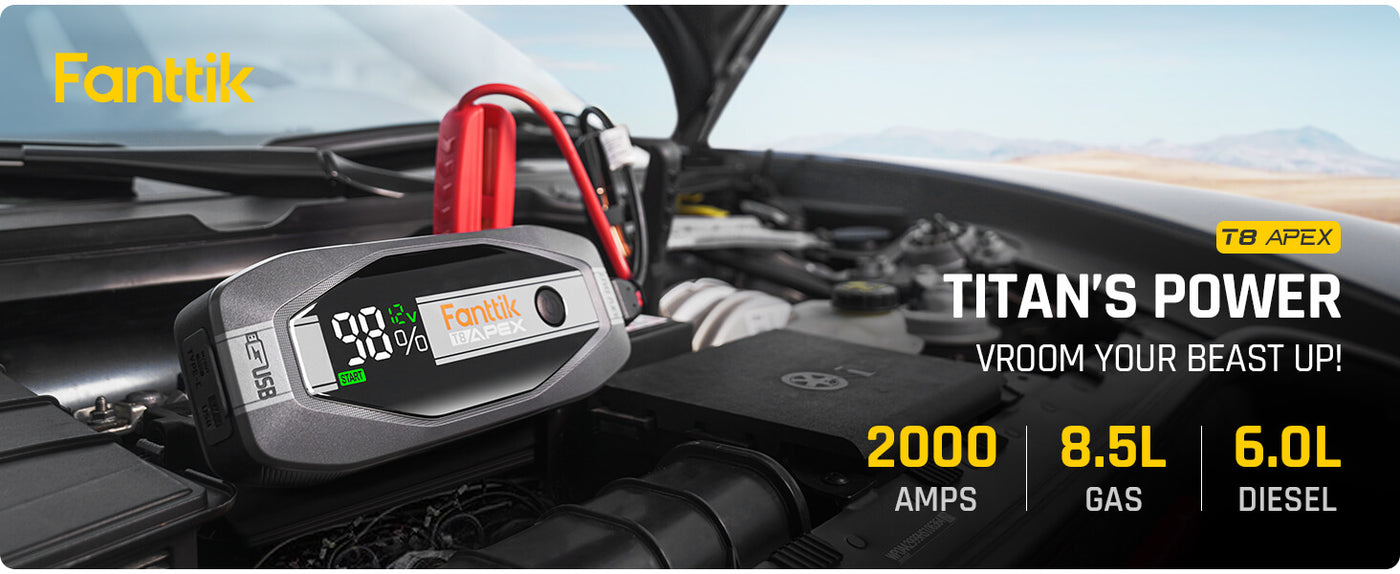When you turn the key in the ignition and nothing happens, it can be a frustrating experience. There are several reasons why your car won't start, and it's important to troubleshoot the issue to get back on the road as soon as possible. In this article, we will explore some common troubleshooting tips for when your car won't start in the auto industry.

Check the Battery
One of the most common reasons for a car not starting is a dead or weak battery. If you turn the key and hear a clicking sound, or if the interior lights are dim, it's likely that the battery is the culprit. In this case, you can try jump-starting the car using jumper cables and another vehicle with a charged battery. If the car starts after jump-starting, it's a good indication that the battery needs to be replaced.
Inspect the Starter
If the battery is not the issue, the next component to check is the starter. A faulty starter can prevent the engine from turning over, resulting in a no-start condition. You can try tapping the starter with a hammer while someone else turns the key in the ignition. If the car starts after tapping the starter, it's a sign that the starter motor is failing and needs to be replaced.
Examine the Fuel System
If the engine cranks but doesn't start, the problem may lie in the fuel system. A clogged fuel filter or a failing fuel pump can prevent the engine from receiving the proper amount of fuel, leading to a no-start situation. You can try turning the key to the "on" position without cranking the engine and listen for a buzzing sound coming from the fuel tank, indicating that the fuel pump is working. If you don't hear the buzzing sound, it's likely that the fuel pump needs to be replaced.
Check the Ignition System
The ignition system is responsible for creating the spark that ignites the fuel in the engine's cylinders. If the ignition system is faulty, the engine may not start. You can check the ignition system by inspecting the spark plugs, ignition coils, and spark plug wires for any signs of wear or damage. If any of these components are worn out, they may need to be replaced to resolve the starting issue.
It's important to note that these troubleshooting tips are general in nature and may not cover all possible reasons why your car won't start. If you're unable to diagnose the problem on your own, it's best to seek the expertise of a professional mechanic who can accurately identify and fix the issue.
By following these troubleshooting tips for when your car won't start in the auto industry, you can save time and money by resolving the issue on your own. Whether it's a dead battery, a faulty starter, a clogged fuel filter, or a failing ignition system, being able to identify the problem will help you get back on the road with confidence.




